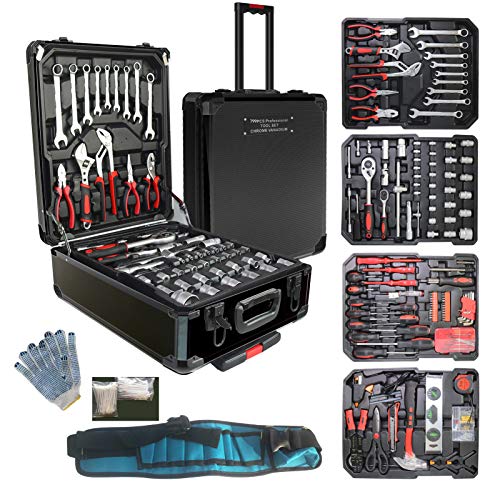Not sure of the science behind this. After 30 minutes of blowing nice dry air, all the windows and metal surfaces are covered in condensation.
About -5C outside today.
I had a catalytic propane heater before and it was a big source of moisture. I was really hoping that switching to diesel would be the solution.
I might have to route the fan intake outside to force an air exchange?
About -5C outside today.
I had a catalytic propane heater before and it was a big source of moisture. I was really hoping that switching to diesel would be the solution.
I might have to route the fan intake outside to force an air exchange?










































































